Website personalization : the key to improve your visitor's experience
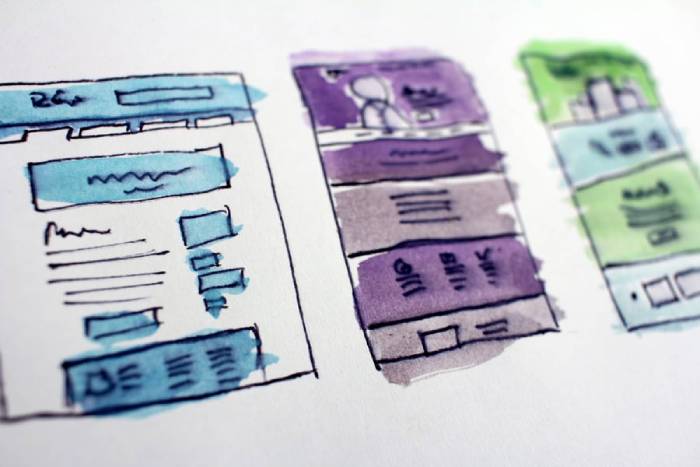
The personalization of your website visitor's experience can bring you a lot of benefits. Indeed, by implementing this, you increase the understanding of your messages, your chances to convert and the satisfaction towards your brand.
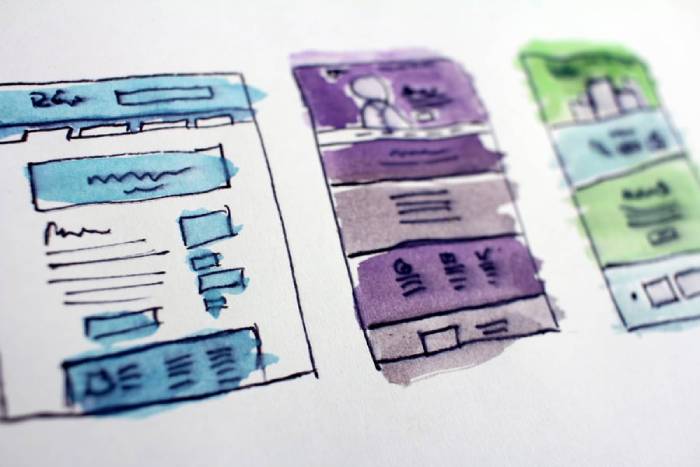
Defining who are your customers is a big part of providing a good visitor experience and personalizing your website for your different personas is a big step in that direction.
By answering their particular questions and needs, you optimize your chances to convert your website visitors into prospects. According to Think with Google, 61% persons expect brands to tailor their experiences based on their preferences and 90% of top marketeers think that personalization is for a big part in the profitability of a business.
.jpg?width=418&name=Image%2014-01-20%20%C3%A0%2013.12%20(1).jpg)
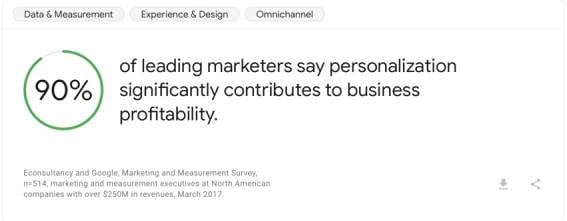
Those numbers show you how important it is to personalize the experience of your customers. That begins with your website.
Let's see now how exactly to do that.
1. Choose the elements to focus on
Depending on your personas, you might want to personalize your website in different ways. Thus, the first step that you need to take is taking a look at your customers, at their different profiles and their behavior.
Starting from there, the elements that you can personalize are of multiple sort:
- demographic: job title, gender, age...
- geographic: country, region, proximity with one of your shops...
- linguistic: language, expressions...
- cultural: examples, use cases, cultural references...
- behavioral: device type, source, forms completed, page visited...
- lifecycle stage: a lead, a new visitor, a customer...
2. Two conditions
In order to implement the personalization of your website, there are two conditions to meet. You have to:
- be able to capture the relevant data: for that, you have to be sure that it is possible for you to segment your visitors into the categories chosen.
- have the tools to leverage this and personalize your website according to it.
In HubSpot, you can add smart rules on a blog post or page, marketing emails (Marketing Hub Professional and Enterprise only). You could create alternatives for visitors from a specific device, country, preferred language, etc.
3. Personalize the look and feel
People have not the same reactions to the same designs. It is related to their cultural environment. It can be on a geographical basis (Asia and Europe for example) or demographic (ex: an old person who has eye issues will be more perceptive if the font size is very large when a millennial will be attracted by a video or a meme). In order to optimize your conversions, study the cultural differences and how to improve the experience and the conversion of your visitors.
Take a look for example at Amazon China and France. Based on the region, they propose very different designs.
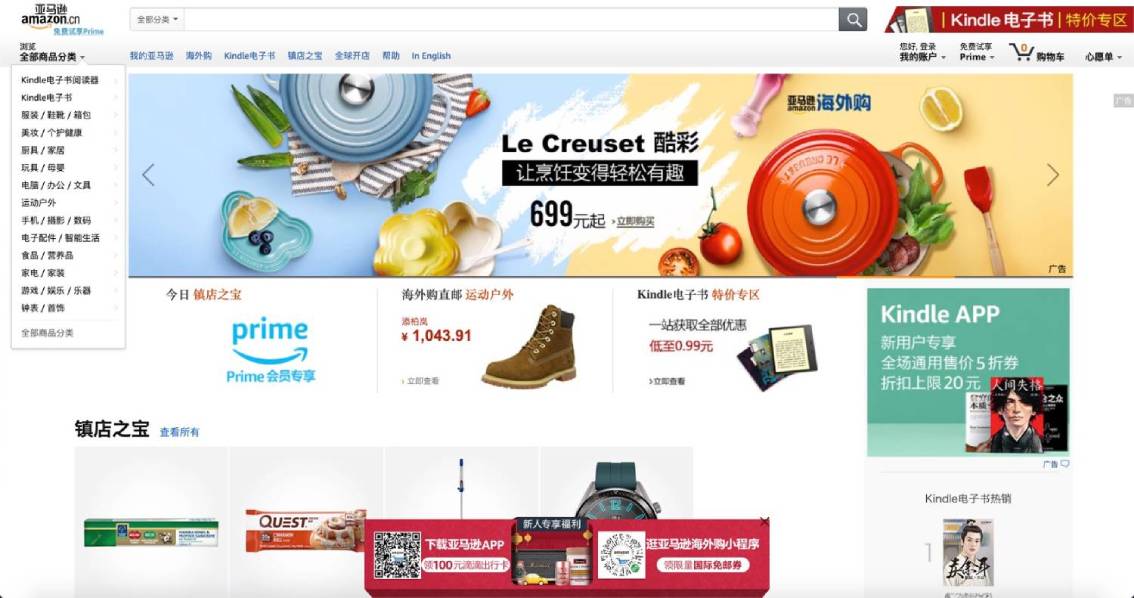
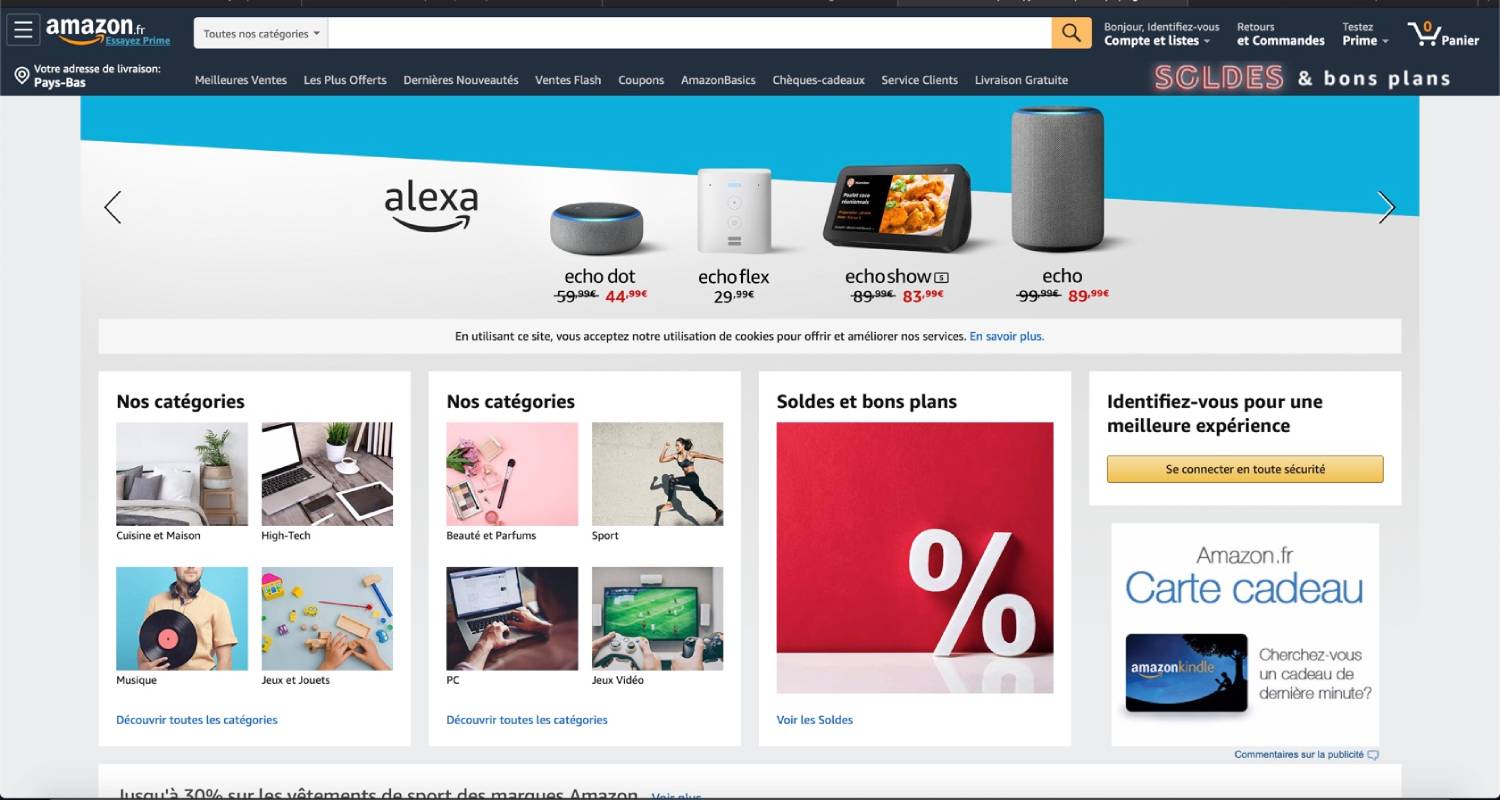
They are pretty different. That's because Amazon did a lot of experimentations to optimize the conversions in the different countries. And that's what they came up with.
4. Personalize the content
Customizing the content according to your visitor's characteristics is also a way to provide them with a great experience. Personalizing the content should have as a goal to make your point more clear to the reader. Highlight the elements that are relevant to your visitor, according to the criteria of your choice. It might be the language spoken, or the cultural references, the use case, etc.
5. Personalize the conversion element
Using the visitor's attributes to adapt your conversion elements is a great opportunity to increase the conversion rate. Your landing pages and your CTAs are specifically designed to convert people. But it is a combination of different elements that will result in the visitor converting. So, if multiple persons are interested in the same topics, personalizing the messages, layout is something that you should absolutely do.
For example, CTAs are very short and to the point sentences. Using a CMS with personalization features on the CTA will enable you to use the most powerful copy for every case!
6. Gather the right information
Here's a funny concept: using personalization to gather the data to improve the personalization. It is also very useful. Indeed, you can use the personalisation to ask relevant questions in the forms. For example, someone has already given you its general informations. With the right tool, you should be able to recognize it and to ask other relevant questions that will help you improve its experience.
7. Don't overdo it
Customization has, however, its downsides. Indeed, if it is wrongly implemented, it can have hurtful effects on your rankings on search engines. To avoid that, you should customize, yes, but not too much. Presenting totally different content can result in search engines not understanding your goal with a particular page. Or if you have too much different links, not understanding your architecture.
Personalization of your website should be a way to bring the best experience to your personas, with elements that are relevant for them, bringing value to them, showing them quickly your message. It shouldn't present totally different content.
Check out our free Hub CMS one-pager if you want to know how we can create your next-level personalized website.

